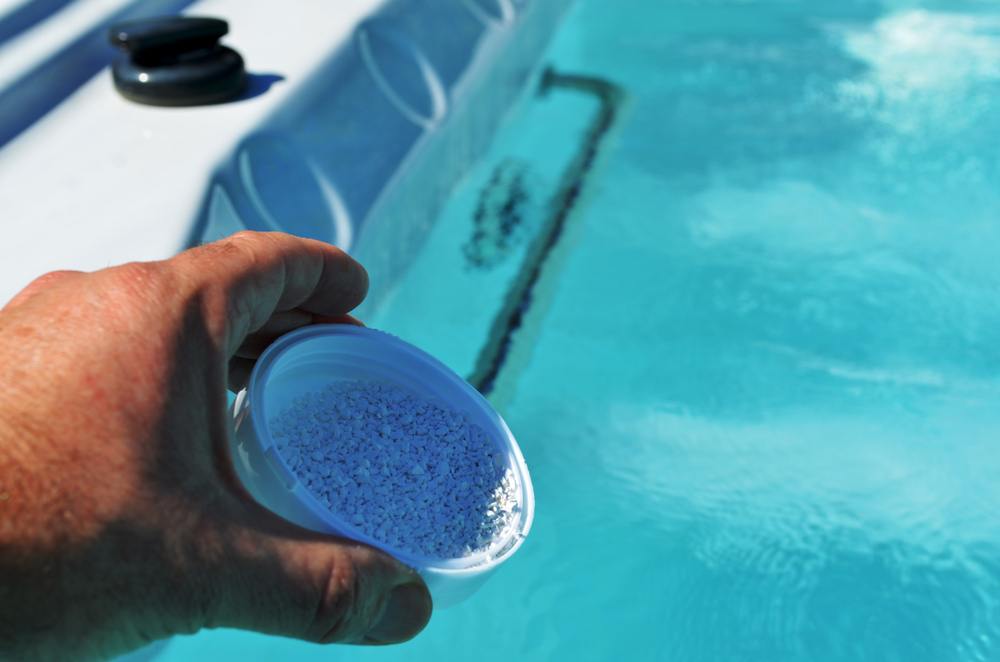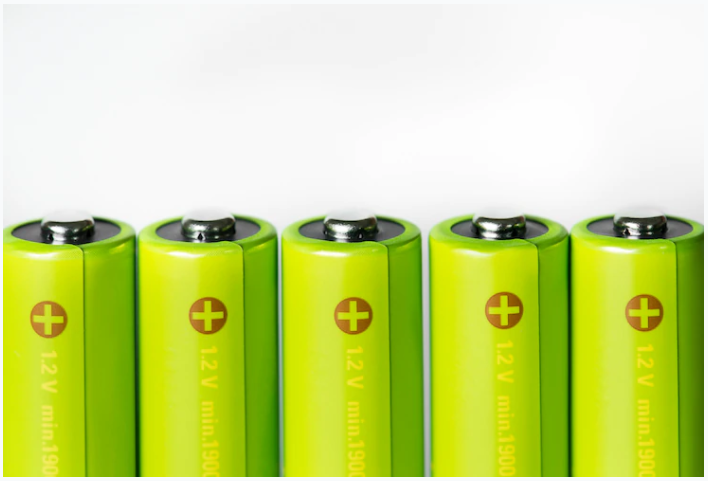Hot tub is a pool of water utilized for relaxation. Hot tubs are also used for hydrotherapy. The hot tub is designed to be utilized by more than one person at a time. It is usually heated by electricity or natural gas. However, hot tubs can provide a suitable environment for pathogens to grow. These germs can be controlled by maintaining correct disinfectants/chemicals and water temperature levels in the hot tub. Major hot tub chemicals used include shock, calcium hardness increaser, granular bromine, etc. Shock plays a key role in your hot tub maintenance. First, the shock will oxidize organisms killed by bromine, remove any unpleasant odours in the hot tub, and second, it will activate hot tub chemicals, making them more potent faster. Furthermore, hot tub chemicals will protect the hot tub pump and equipment from corrosion by increasing the water’s hardness. Adding granular bromine to the hot water will allow the user to use the hot tub shortly after maintenance without the risk of sitting in unsafe waters.
GREATER UTILIZATION OF THESE CHEMICALS FOR MAINTENANCE OF HOT TUBS – INFLUENCE THE HOT TUB CHEMICALS FOR RESIDENTIAL APPLICATION MARKET GLOBALLY
The hot tub chemicals market for residential applications is categorized into balancers, oxidizers, sanitizers, and others based on product. In 2019, the sanitizer segment dominated the market by accounting for more than 30% of the total market share. Sanitizers are considered as one of the crucial elements for the proper maintenance of the hot tub. There are three major types of sanitizers commonly used: bromine, chlorine, and mineral sanitizers. The use of sanitizers reduces the level of micro-organisms that are living cells that are so small that they can only be observed from a microscope by significant numbers to bring it to the safe-level, fuelling the market for hot tub chemicals in the sanitizers segment.
Asia Pacific is estimated to register the fastest CAGR in the market over the forecast period. This region’s rapid growth is primarily attributed to an increase in demand for useful chemicals, which helps remove algae and bacteria from the hot tubs. Rapid and continuous developments taking place in the chemical industry are further expected to drive the region’s hot tub chemicals market for residential application. The rise in the disposable income, the budget for home purchases, and rising demand for attractive amenities have a significant impact on the construction of swimming pools, hot tubs, spas, and gyms in residential complexes are also anticipated to fuel the demand for the hot tub chemicals market for residential application in the near future.



